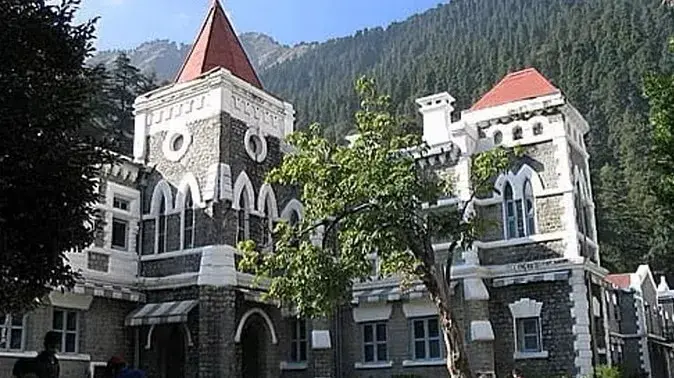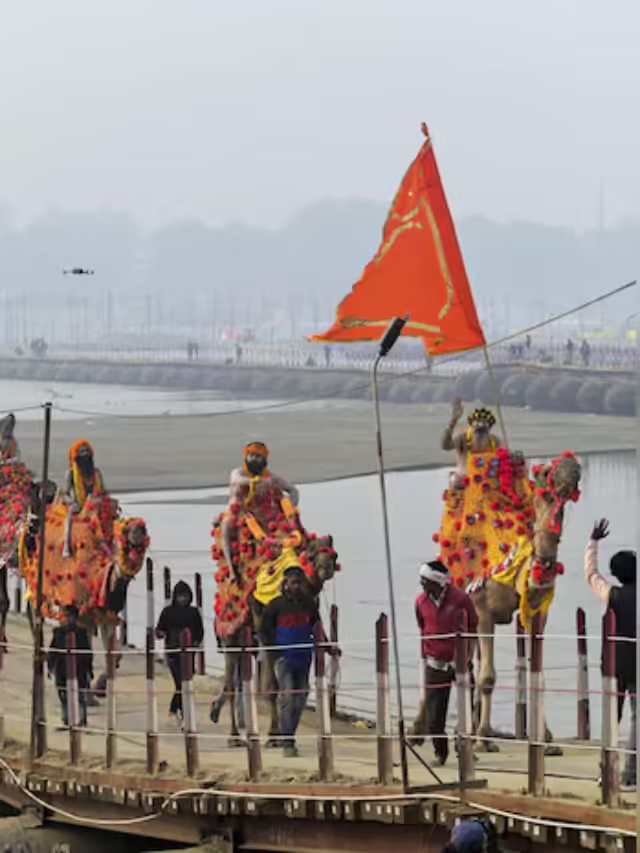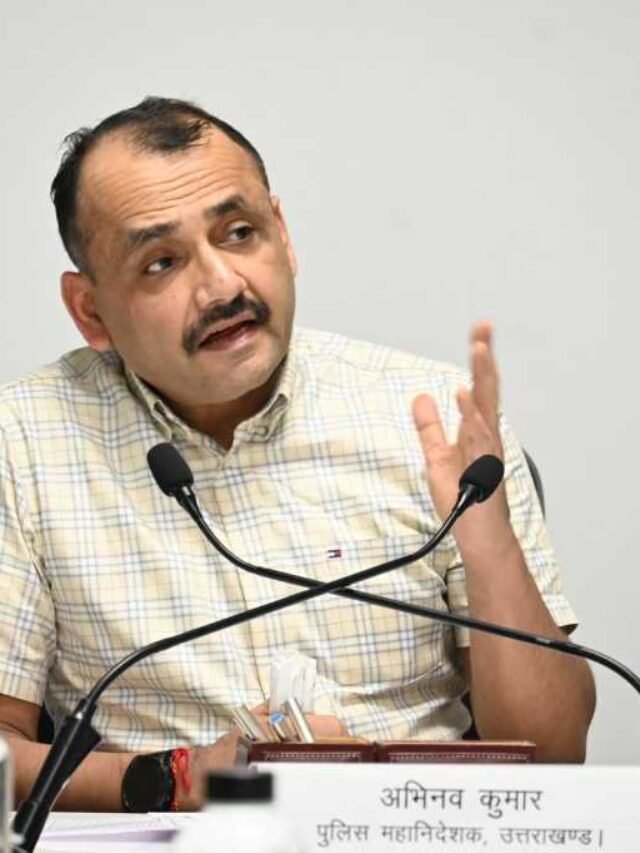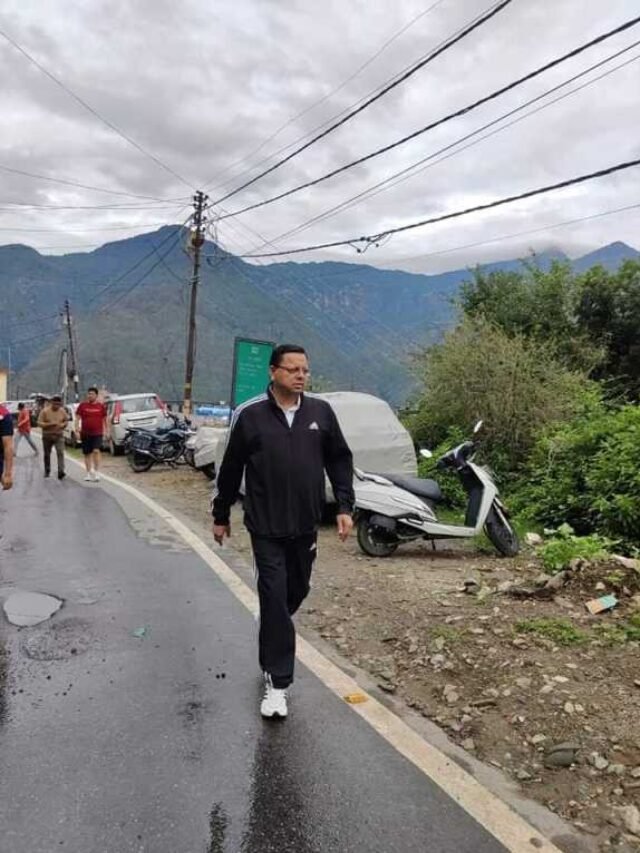Raising concerns via a Public Interest Litigation (PIL) filed with the High Court, Ravi Shankar Joshi from Haldwani has highlighted the failure of the state government to appoint a Lokayukta. Notably, the PIL underscores an annual expenditure of Rs 2 to 3 crore attributed to the dormant institution.
Delving into action, the Nainital High Court has convened to address the PIL’s urgency surrounding the appointment of a Lokayukta. With resolute determination, the court has issued a final three-month window to the state government to fulfill the Lokayukta appointment. During this timeframe, the court mandates a freeze on salaries for Lokayukta office employees. Alternatively, the government is bestowed with the choice to reimburse these employees by involving them in tasks originating from other departments. The case was subjected to examination by a division bench, presided over by Chief Justice Vipin Sanghi and Justice Rakesh Thapliyal.
- Advertisement -
In defense of the state government’s stance, a plea was presented before the court to extend the Lokayukta appointment deadline by six months. Moreover, the government advocated for direct salary disbursement to Lokayukta office employees from within the office itself. The argument contends that out of the 26 employees associated with the Lokayukta’s office, nine are engaged with the Real Estate Regulatory Authority (RERA) and thus receive corresponding remuneration. Correspondingly, the remaining 17 personnel stationed within the Lokayukta’s office advocate for their salaries to be drawn from that source.
Joshi’s PIL forcefully emphasizes that notwithstanding an annual allocation ranging from Rs 2 to 3 crore, the state government has yet to establish a functional Lokayukta. The petitioner directs attention to the proactively anticorruption role undertaken by Lokayuktas in Karnataka and Madhya Pradesh, juxtaposing it with the ongoing instances of corruption in Uttarakhand. Instances of minor infractions being escalated to the High Court due to the absence of an effective investigative body are a recurring theme. The petition spotlights the present scenario wherein all state investigative agencies operate under governmental control, thereby vesting the state’s political leadership with substantial influence.
At present, Uttarakhand grapples with the absence of an autonomous investigative agency empowered to initiate corruption cases against gazetted officers without prior governmental endorsement. This extends to the Vigilance Department, ostensibly positioned as an impartial investigative entity, but functionally tied to the State Police. Ultimately, the department operates under the jurisdiction of the Police Headquarters, Vigilance Department, or the Chief Minister’s Office. The petition underscores the imperative of a transparent, unbiased, and efficacious investigative system for the betterment of the state’s populace. Consequently, the swift appointment of a Lokayukta becomes an inescapable necessity.










